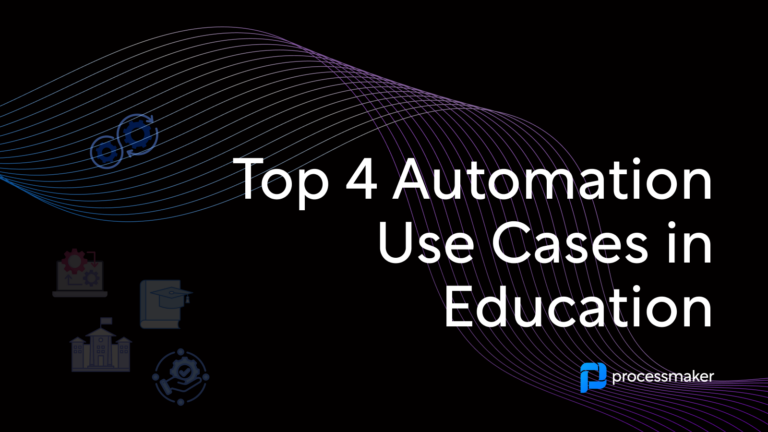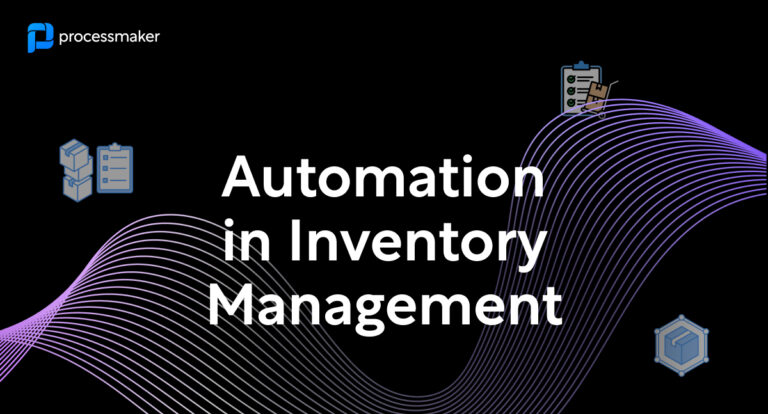CFOs are increasingly aligning their roles with digital transformation acceleration. In this executive role, there is an emphasis on future planning due to the significant changes across a wide variety of sectors in economic uncertainty. It’s critical to utilize sophisticated digital technology to stay agile, make smarter choices, and develop a workforce capable of dealing with the next wave of challenges.
Change is coming. Many organizations are focusing on accelerating post-pandemic processes, such as data access, collection, and analysis, guaranteeing that they will have the resources they need for years to come.
Digital transformation is not a one-time event; it is a continuous process. Thus, changes in organizational and IT environments need an ever-evolving business and technology strategy.
The CFO role almost always begins in the office, starting with creating a roadmap to improve business initiatives and outcomes. Effective financial strategy requires more than a thorough understanding of basic financial principles and up-to-date knowledge of various management-level approaches. Instead, they’re meant to help CFOs figure out what implications particular options may have and weigh their choices based on accumulated data.
It’s essential to understand what’s going on with the organization, its customers, employees, and competitors first if CFOs want to speed up digital transformation. Through digital transformation, CFOs can either facilitate market disruption to become innovators or wait until it’s too late and they’re disrupted by a competitor.
1. Apply AI/ML for predictive forecasting
Machine learning, natural language processing, optimization, predictive, and prescriptive analytics are all ways to use advanced analytics to uncover hidden patterns in big and unstructured data. CFOs can expand upon these capabilities to build models that can predict hundreds of different scenarios, and choose the best course of action out of all the options.
What happens next? Organizations can use predictive forecasting to make good choices in favor of better customer experiences, higher growth, and more efficiency while also cultivating an innovative corporate culture inside their particular companies. Also, CFOs may utilize advanced analytics to help them make better business decisions by changing how they apply it.
Typically, CFOs often use historical data and ratios in financial research to better forecast their businesses’ financial health. In today’s economic environment, early signs of change are critical and organizations must be proactive in recognizing and comprehending them to better position their businesses to adapt.
The most sophisticated analytics can mine internal and external data to gather and offer knowledge of customers, competitors, suppliers, partners, and employees, allowing companies to manage business performance at the sub-micro level. Instead of utilizing a single model to predict all possibilities, hundreds or thousands of variables may be used, with the best models selected induce preferred outcomes.
2. Eradicate data silos
Data is the most valuable resource in an organization’s digital transition journey. When everyone has access to a whole “single source of truth,” data flow is optimized. The most challenging aspect of using advanced data analytics is not a lack of people or technology; instead, it’s sourcing and filtering accurate data. However, a company’s data is often trapped in silos that span multiple divisions, locations, or geographies.
What’s the solution? CFOs must break through barriers and support a data strategy that allows continuous communication to move ahead with digital transformation initiatives. The cloud is an integral part of the solution; apart from cost savings, improved scalability and agility, and the ability to migrate from an on-premises solution to the cloud, it gives businesses the most dependable way to maintain data quality and consistency across various sources. Real-time decision-making will be critical to a company’s future success, and any astute CFO will want to break down data silos once and for all.
3. Capacitate finance subordinates with broader knowledge
It’s vital for CFOs to shift their objectives from previous working models to increase efficiency and effectiveness in finance. While most businesses perceive greater room for expansion, efforts to improve efficiency typically provide diminishing returns as the total cost of their activities falls.
With the right strategy, CFOs can solidify continuous improvements in critical areas of finance, such as controllership, internal audit, optimizing capital structures, FP&A, tax planning, and financial risk management. It seems like this will continue to change.
As computer power, machine learning, and AI increase, machine learning and artificial intelligence (AI) significantly affect challenging professions. Unquestionably, time is a valuable resource. As a result, CFOs can help to drive change by maximizing time spent on value-added employee activities. CFOs should also ensure that finance employees have the right set of tools and processes at their disposal while offering relevant opportunities for additional training and upskilling.
Final thought
There isn’t any question that CFOs play a vital role in accelerating digital transformation. The most critical aspect is to get started right now so finance can become a more strategic partner for the organization. Further, it takes the right mix of strategy and technology. For those ready to take the digital transformation leap, organizations worldwide rely on ProcessMaker’s award-winning digital process automation platform to streamline their digital and financial processes. See our solution for finance departments >>





